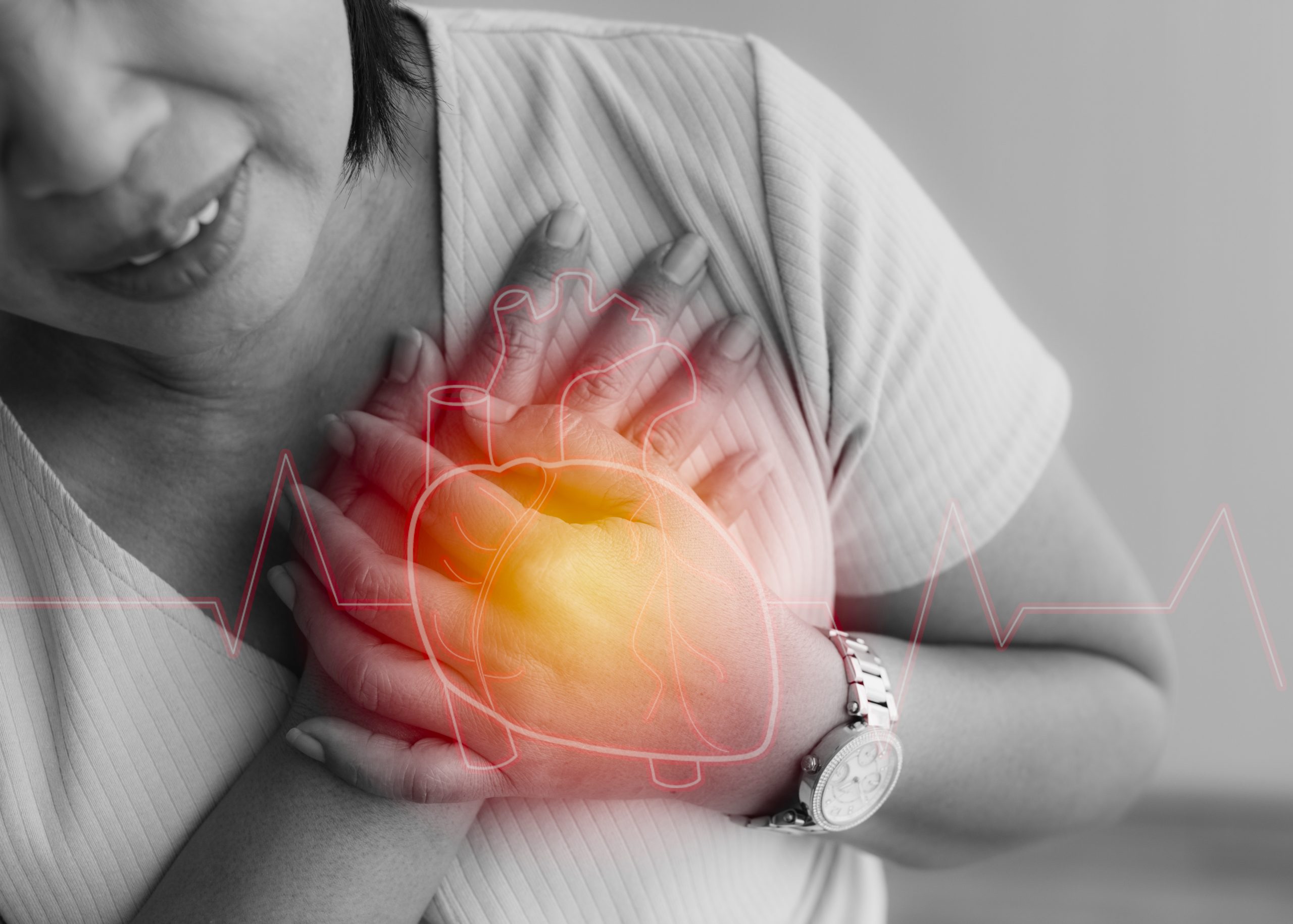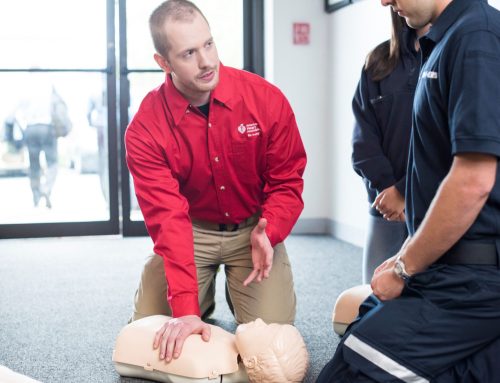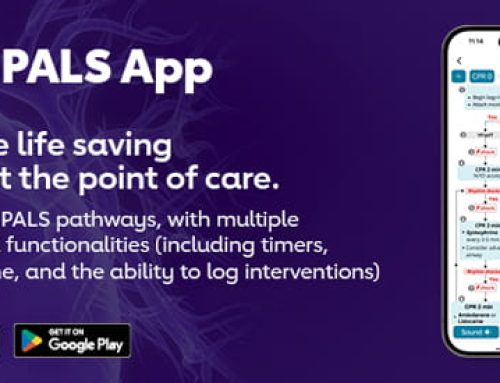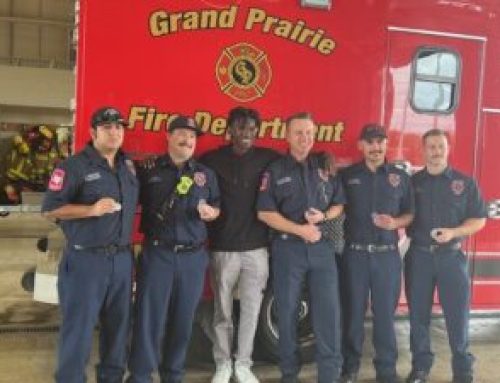In this article, we discuss how to administer First Aid for Heart Attacks
When experiencing symptoms of a heart attack, the typical person waits three hours before seeking medical assistance. There are a significant number of patients who pass away before they reach a hospital. The individual’s chances of survival improve in proportion to the speed with which they arrive at the emergency room. Prompt medical treatment can lessen the amount of damage that is done to the heart.
A heart attack is considered a serious medical emergency. In the event that you or someone else believes that they are experiencing a heart attack, you should immediately dial 911 or the local emergency number.
A heart attack happens when the blood flow that carries oxygen to the heart is blocked. This can cause the heart to collapse. It is at this point that the heart muscle begins to die because it is deprived of oxygen. In the event that you have suffered a heart attack, medical professionals are able to perform an emergency procedure known as angioplasty. This operation or procedure has the potential to open blood vessels that have become constricted or blocked. In most cases, they will insert a small tube made of metal mesh, known as a stent, into your artery in order to assist in maintaining its openness. Drugs may also be administered to you in order to dislodge the clot that has formed in your artery. The procedure known as heart bypass surgery is sometimes performed by medical professionals in order to restore blood flow to the muscle of the heart. Depending on the severity of your heart attack, you may be required to take medication in order to reduce the thickness of your blood, to protect your heart, or to improve your cholesterol levels after you have been treated in the hospital. It is possible that, for the rest of your life, you will be required to take these medications. The majority of individuals who have suffered a heart attack are also required to undergo cardiac rehabilitation. The gradual increase in your exercise level and the learning of how to live a healthy lifestyle will be facilitated by this. Your risk of having another heart attack is increased after you have already experienced one. If you have suffered a heart attack, the extent of the damage to your heart, the location of the damage, and the measures you take to prevent another heart attack will all play a role in how well you recover. You may be diagnosed with heart failure if your heart is unable to pump blood to your body as effectively as it once did. If this occurs, you will require treatment for the rest of your life. You will need to take precautions to avoid having another heart attack, but in most cases, a person who has suffered a heart attack can gradually return to their normal activities.
Should you suspect that someone is experiencing a heart attack:
Instruct the individual to take a seat, relax, and make an effort to maintain their composure.
Ask the individual if they are currently taking any medication for chest pain, such as nitroglycerin for a known heart condition, and assist them in taking the medication.
Relax any clothing that is too tight.
A full dose of aspirin, which is 325 milligrams, should be chewed and swallowed after calling 911 or the local emergency number, according to the recommendations of many experts. If you do not have any conditions that could make taking aspirin dangerous for you and if you do not have an allergy to aspirin, then you should not pursue this course of action. Your decision regarding whether or not to take aspirin can be discussed with the operator of 911.
In the event that the pain does not disappear within three minutes of taking nitroglycerin or by resting for a short period of time, you should contact emergency medical assistance.
After performing cardiopulmonary resuscitation (CPR) for one minute on an infant or child who is unconscious and unresponsive, as well as not breathing or not having a pulse, you should then call 911 or the local emergency number.
In the event that the individual is unconscious and unresponsive, does not have a pulse, and an automated external defibrillator (AED) is immediately available, it is imperative that the instructions from the AED device be properly followed.
We hope that these tips for administering First Aid for Heart Attacks were of help to you and your loved ones!
Don’t be caught not knowing how to perform this lifesaving operation. Register for one of our classes today!
We teach classes in the following areas:
Charlotte
Rock Hill
Gastonia
Concord
Cornelius
Monroe
Harrisburg
Matthews
Mint Hill
Fort Mill
Indian Land
Kannapolis
Belmont
Visit our Locations page to discover where else we offer these lifesaving classes.







Leave A Comment